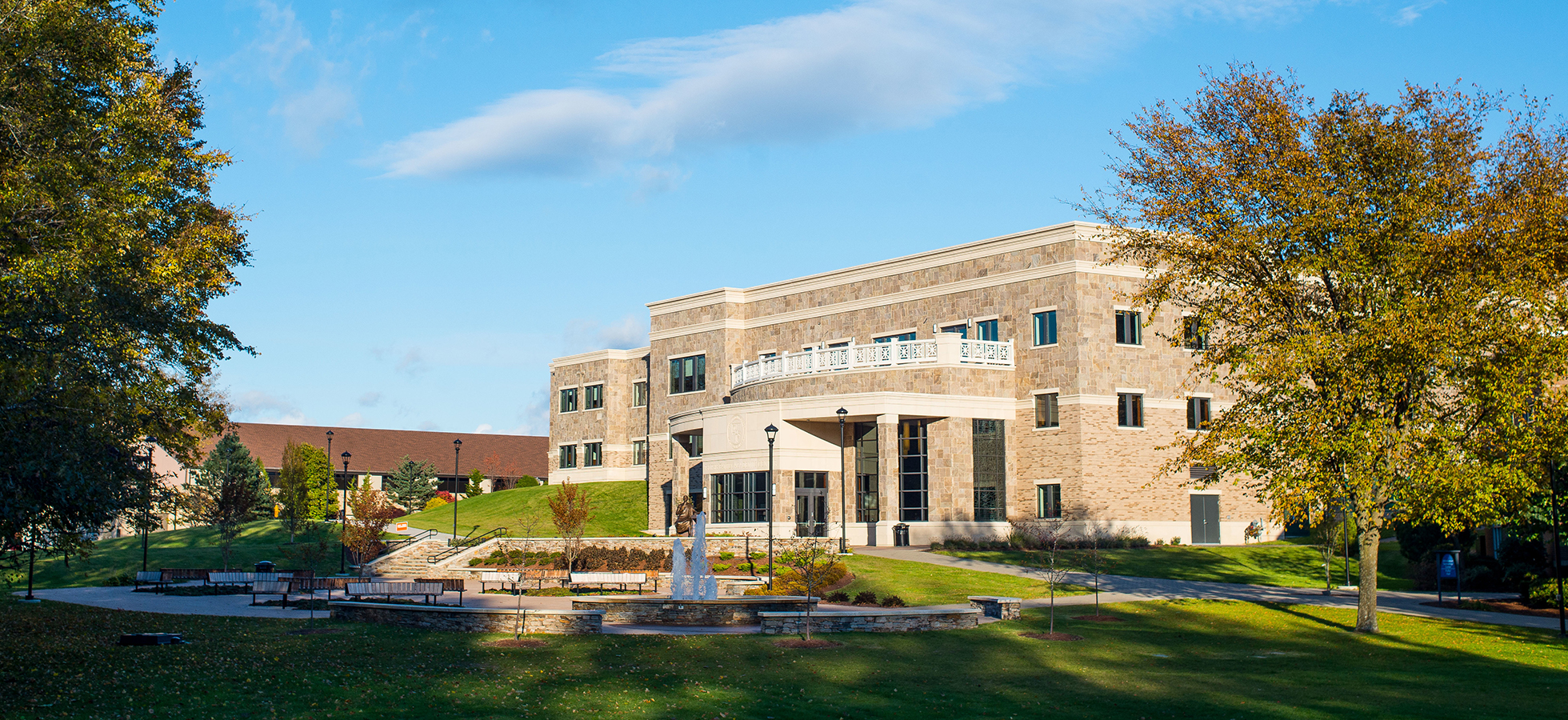Welcome to Student Accessibility Services
Assumption University supports and recognizes the standards set forth in Section 504 of the Rehabilitation Act of 1973 and the Americans with Disabilities Act (ADA) of 1990, and its amendments, which are designed to eliminate discrimination against qualified individuals with disabilities. Assumption is committed to providing equity, access, and inclusion of all students with disabilities within the Assumption University community.
Disability Defined
The Americans with Disability Act (ADA) defines a person with a disability as a person who has a physical or mental impairment that substantially limits one or more major life activities. This includes individuals who:
- Have a physical or mental impairment that substantially limits a major life activity
- Have a record of such an impairments
- Are regarded as having such impairment
Students requesting accommodations must self-identify and provide relevant and comprehensive documentation of disability to the Office of Student Accessibility Services. This office evaluates the clinical documentation and engages in an interactive process with students to determine eligibility and reasonable accommodations. Reasonable accommodations are such that they provide equal access for students with disabilities but are not accommodations that are unduly burdensome financially or administratively or that fundamentally alter the nature of the university’s programs.
Due to the length of the eligibility and accommodation process, it is recommended that students begin the request for accommodations and document submission early.
Students interested in self-identifying and requesting accommodations should begin the process by completing the Accessibility Consent Form
Have Additional Questions? We’re Here to Help!
The Office of Student Accessibility Services is committed to answering questions regarding support services and accommodations for prospective and current students. Please contact us at jm.leblanc@assumption.edu or 508-767-7500.
Student Accessibility Services Staff
Alison Blair
Graduate Assistant Student Accessibility Services
Kathryn Kadamus
Assistant Director of Student Accessibility Services
Julie LeBlanc
Senior Director of Student Accessibility and Retention Initiatives

